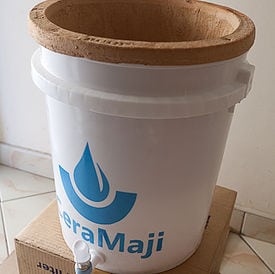
Agriculture
November 9, 2023

Updated on November 9, 2023
·Created on October 22, 2020
iRobo is an autonomous system for rapid eye diagnostics.
iRobo is a rapid eye diagnostics technology that is fully autonomous. The iRobo aims to provide comprehensive eye care in non-clinical settings and can be operated by non-skilled professionals. The device uses artificial intelligence to detect early stages of noncommunicable diseases such as diabetes mellitus, cardiovascular diseases, stroke, and Alzheimer’s Disease. The product provides automated screening, remote diagnosis, and robotic treatment enabled by machine learning without requiring an operator.
Target Users (Target Impact Group)
Distributors / Implementing Organizations
Product is still in the prototyping phase.
Manufacturing/Building Method
The product is manufactured in India.
Intellectural Property Type
Trademarked
User Provision Model
The product is still in its early phases and not commercially available. However it will be distributed through distributor channels and strategic partners. Interview with designer, July 2020
Distributions to Date Status
50 products have been distributed as of July 2020Interview with designer, July 2020
Design Specifications
The iRobo is a fully autonomous system with several components. The key characteristics of the product are: it is non-invasive, it generates a computerized screening report, it's autonomous features removes operator variability and the need for a skilled operator, a remote diagnosis can be provided, no pupil dilation required, and it offers real time audio guidance.
Technical Support
Provided by the manufacturer.
Replacement Components
Unknown
Lifecycle
Unknown
Manufacturer Specified Performance Parameters
Manufacturer specified performance targets include: quick, user comfort, accuracy of readings, and high image quality.
Vetted Performance Status
Safety standard test IEC-60601-1. A pilot study with 450+ participants at Aditya Jyot Eye Hospital Mumbai has been completed and clinical trials are in progress.
Safety
Unknown
Complementary Technical Systems
Unknown
Academic Research and References
S. Marmamula, J. E. Keeffe, U. Raman, and G. N. Rao, Population-based cross-sectional study of barriers to utilisation of refraction services in South India: Rapid Assessment of Refractive Errors (RARE) study, BMJ Open, vol. 1, no. 1, p. e000172, Jan. 2011, doi: 10.1136/bmjopen-2011-000172.
J. S. Rahi, S. Sripathi, C. E. Gilbert, and A. Foster, Childhood blindness in India: Causes in 1318 blind school students in nine states, Eye, vol. 9, no. 5, pp. 545–550, 1995, doi: 10.1038/eye.1995.137.
P. Keane and E. Topol, Reinventing the eye exam, Lancet, vol. 394, no. 10215, p. 2141, Dec. 2019, doi: 10.1016/S0140-6736(19)33051-X.
Compliance with regulations
IEC and ISO standards were considered in the design. IEC safety tests will be performed to ensure product safety.
Other Information
Won 1st Prize in UpStart Indian Business Model Competition by IIT Kanpur. Recognized as one of India’s “Top 16 Ideas of 2019” by Falling Walls Lab India.

Agriculture
November 9, 2023
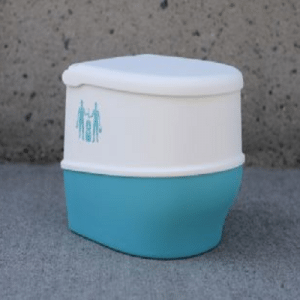
Agriculture
November 9, 2023
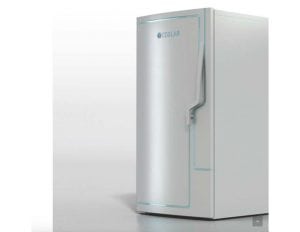
Agriculture
November 9, 2023
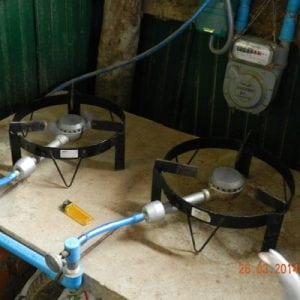
Agriculture
November 9, 2023
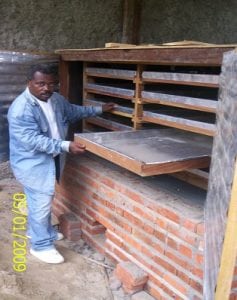
Agriculture
November 9, 2023

Agriculture
November 9, 2023

Agriculture
November 9, 2023
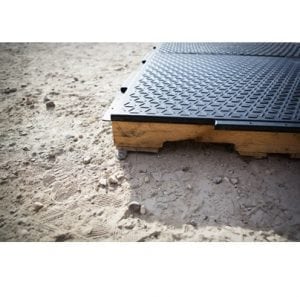
Agriculture
November 9, 2023
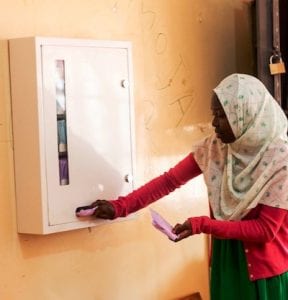
Agriculture
November 9, 2023

Agriculture
November 9, 2023
Implemented by
Maternova
Have thoughts on how we can improve?
Give Us Feedback